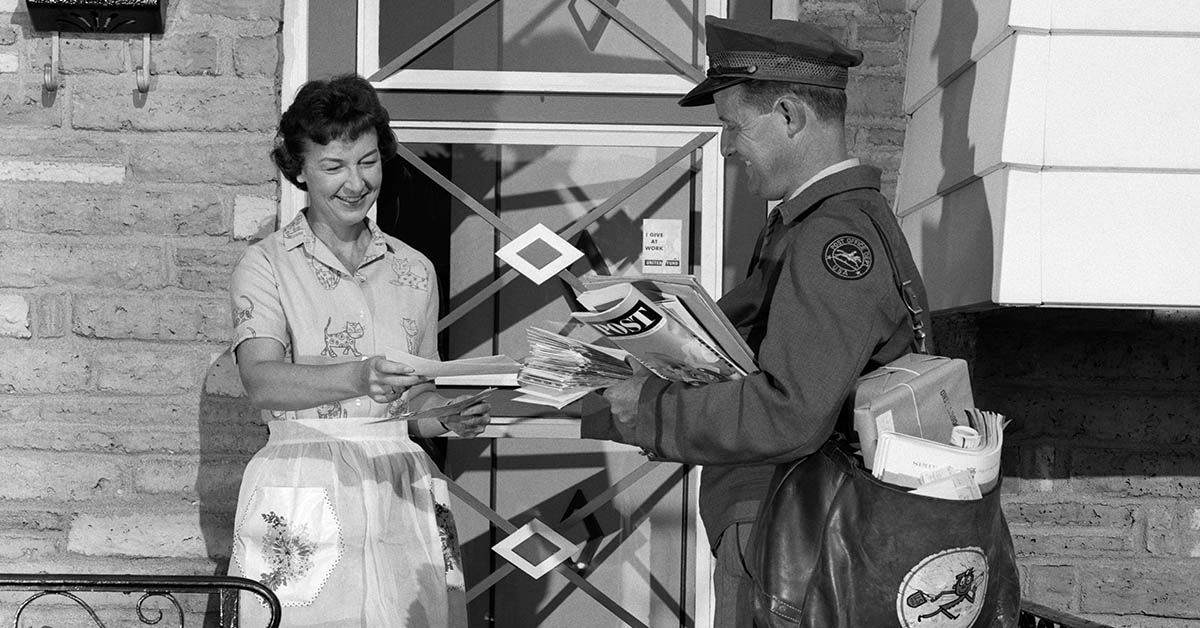When faced with exam questions that one cannot answer, the result is usually receiving a lower grade. In this tale, a student hatches a plan to finish the exam after class, pretending he mixed up two of his test answer booklets.
Author Jan Harold Brunvand documented several different versions of the urban legend in the 1986 book: "The Mexican Pet: More 'New' Urban Legends and Some Old Favorites." This first one was quoted by Lew Girdler, "as written out for him by a student at San Jose State College in 1967."
"A friend of mine tells this about her brother Jack, a sometime student. Jack found himself sitting in the classroom during an important examination with two blue books, a pen, and a question he couldn't answer. Being naturally bright, if lazy, he thought of the following solution. In one of the blue books he wrote a letter to his mother, telling her that he had finished writing his exam early but was waiting for a friend in the same class and so was taking the opportunity to write to her. He apologized for not writing sooner but said he'd been studying very hard for this instructor, who was a nice guy but had pretty high standards.
When the time was up he handed in this blue book and left in a hurry with his unused one. He hurried to his text, wrote an answer, and then put the blue book in an envelope and mailed it to his mother in Boston. When the instructor found the letter he called Jack, who explained that he had written in two blue books and must have got them mixed up, and if the instructor had the letter, the answer must be in the mail on the way to Boston. He offered to call his mother in Boston and have her send the envelope back as soon as she got it. He did, she did, and the blue book was sent back, with the inner envelope postmarked the day of the test and the outer envelope postmarked Boston."
Similar to The Tale of the Lost Blue Book and The Tale of the Lost Exam Page legends, but more elaborate, this turn on the lost or switched exam booklet scheme adds the clever touches of buttering up the professor with praise included in a letter "accidentally" given to him and recruiting an unwary mother to provide an air of legitimacy and honesty to the scheme.
Additional versions of the legend are available for reading on Google Books from Brunvand's 1986 book. One of them was played out in a television advertisement for Instant Kiwi, part of the lottery games in New Zealand:

